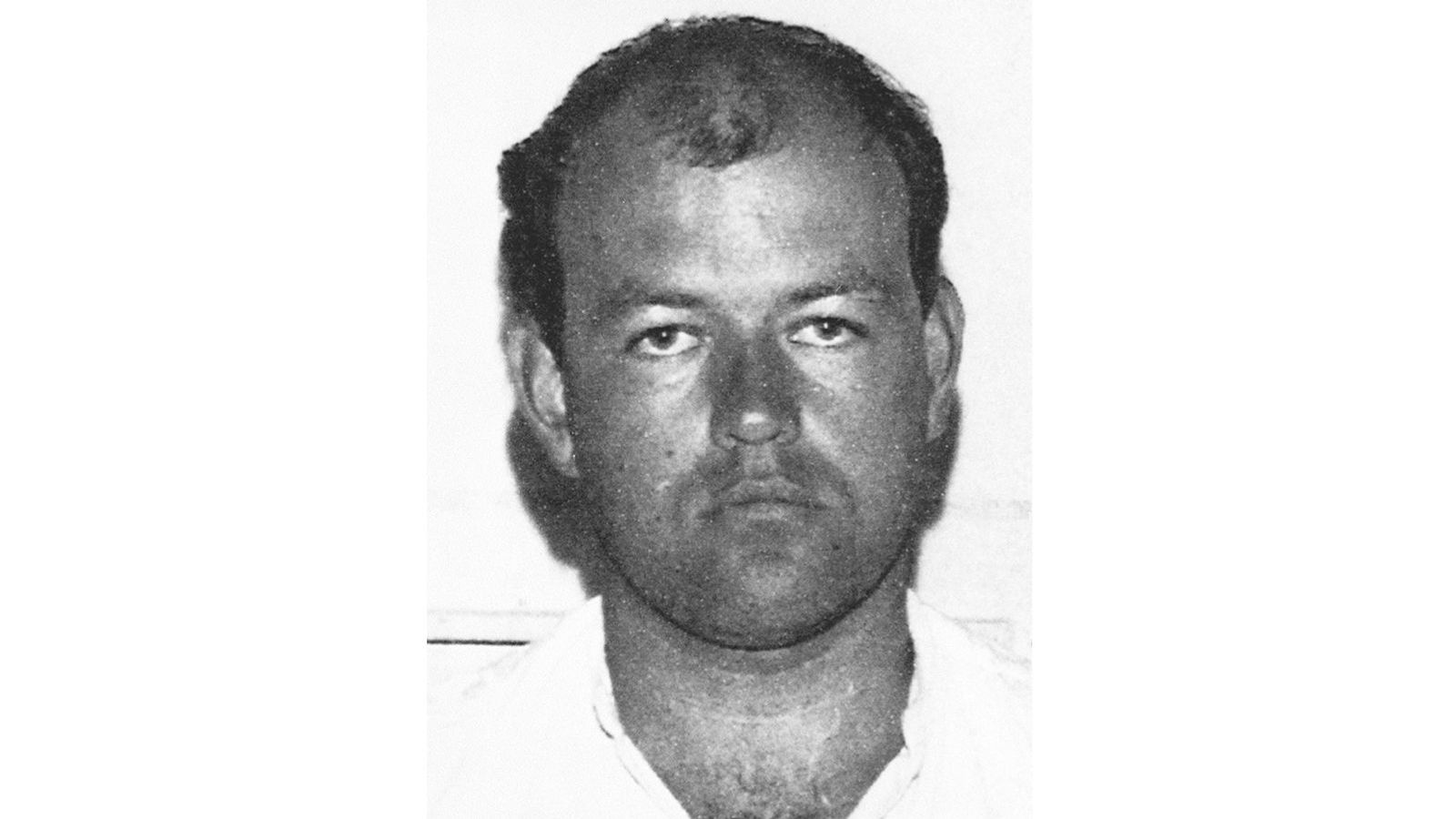The Parole Board has been asked to reconsider its decision to allow double child killer Colin Pitchfork to be released from prison, the Ministry of Justice has said.
Pitchfork was jailed for life after raping and strangling Lynda Mann in 1983 and Dawn Ashworth in Leicestershire in 1986. They were both 15 years old.
He was given a minimum sentence of 30 years in 1988, later reduced to 28 years for good behaviour, and was released in September 2021.
He was recalled to prison two months later after approaching young women in the street.
Lord Chancellor and Justice Secretary Alex Chalk KC said: “My thoughts remain with the families of Lynda Mann and Dawn Ashworth, whose lives were changed forever by the heinous crimes of Colin Pitchfork.
“My number one priority is public protection and after careful assessment I have asked the Parole Board to reconsider their decision to release him.
“It is absolutely vital that every lawful step is taken to keep dangerous offenders behind bars.”
Frank McKeever: Police search truck stop for body of man not seen for almost two years
Cocaine haul disguised as charcoal and worth £120m found at UK port
Luke Ashton: Betfair admits it ‘should have done more’ to protect gambling addict who took his own life
Mr Chalk triggered the reconsideration mechanism as he felt there was an arguable case the Parole Board’s decision was irrational.
His intervention comes after Alberto Costa, the Conservative MP for South Leicestershire, called for the parole decision to be challenged.
Decision to release killer ‘diabolical’, victim’s mother says
Last month Dawn’s mother, Barbara Ashworth, called the Parole Board’s decision to recommend his release “diabolical”.
She told Sky News: “He’s obviously going to have an urge, we just don’t know what’s in his mind.
“I don’t think there’s any way he should be walking the streets. He can’t hurt me anymore but could cause disruption.
“He’s able to make the parole board believe whatever he wants to say.”
First man convicted on DNA evidence
At the time Pitchfork committed his first crime, he was a 22-year-old married father-of-two. He is now in his 60s.
He was the first man convicted on DNA evidence after a lengthy investigation. The world’s first mass screening for DNA involved 5,000 men in three villages being asked to volunteer blood or saliva samples.






